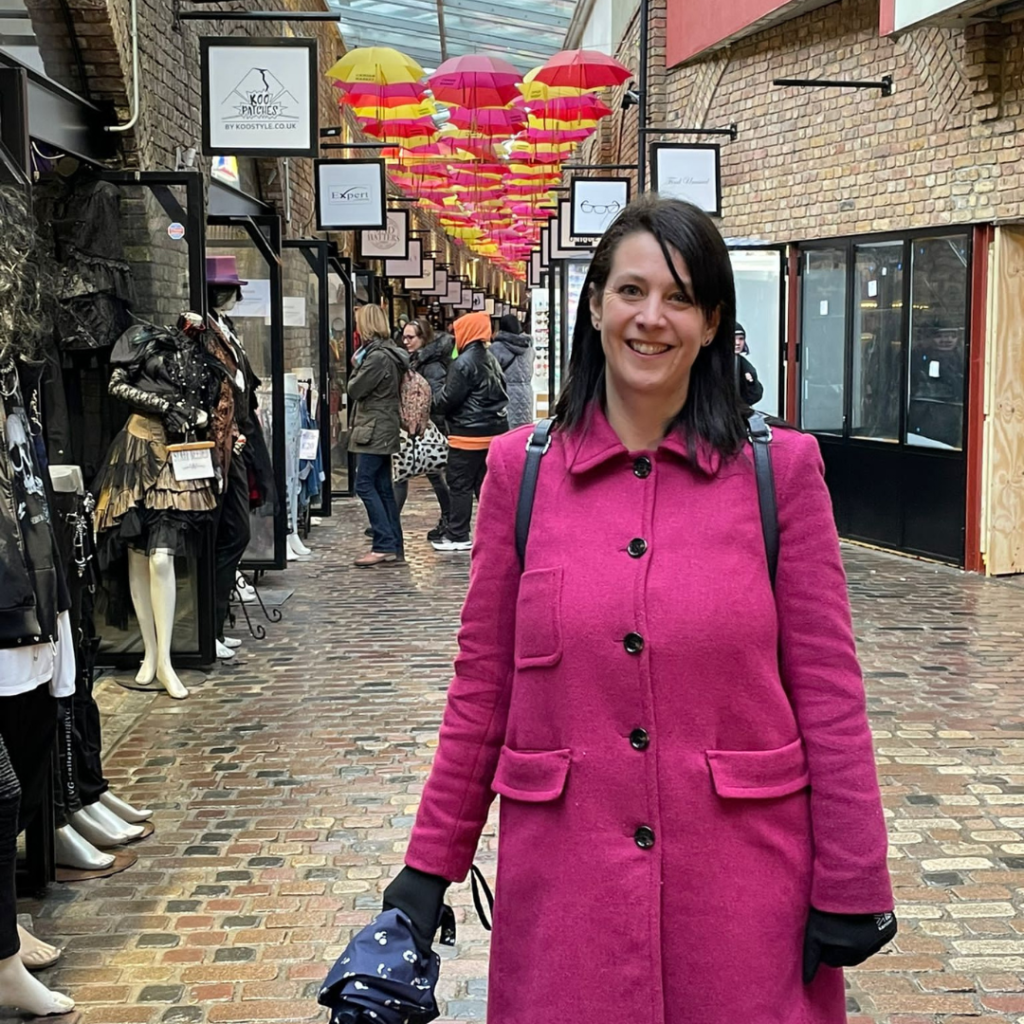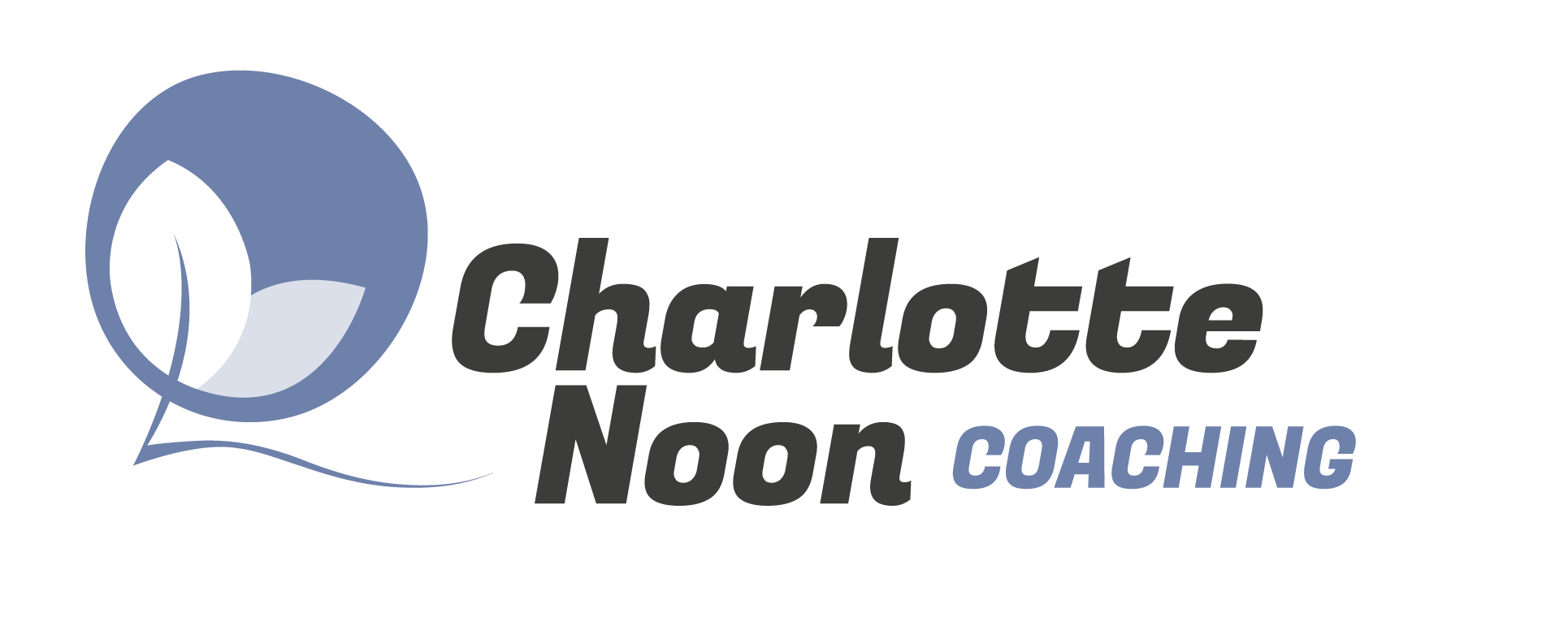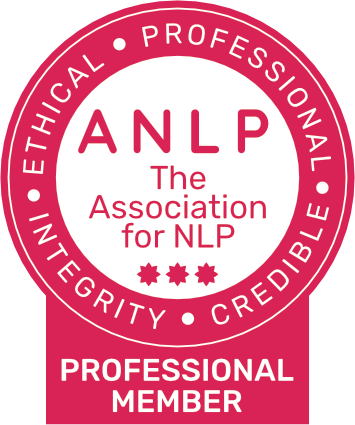ADHD and me

I am going to start this story with a big caveat. I am not a doctor, a psychiatrist, a psychologist, or any other kind of ADHD expert and I am not for one moment suggesting that anybody should seek a diagnosis or take meds. That’s a personal decision.
I am a human who was diagnosed with ADHD as an adult. I share my personal experience so that other humans (particularly women and girls who have gone under the radar) might not feel as alone in their experiences as I did.
So, here it is ...
At the age of 44, I was finally diagnosed with ADHD, following my daughter’s diagnosis. It was literally the best thing that ever happened to me.
The things that I had been feeling throughout my whole life, which had caused me so many difficulties, suddenly had a name and a treatment. It has changed my life. I have more energy. The world seems clearer (literally). And I am consequently happier.
Yes, I was sad that it hadn’t been picked up before. Of course, I was. But I am also so grateful that I am now able to create a life that suits me, rather than keep struggling to fit myself into a very uncomfortable box. This has been truly liberating.
People often ask me what it feels like to have ADHD.
I can only describe how it felt for me (prior to understanding the diagnosis and receiving treatment).
Here is a small snapshot:
- It’s feeling like there’s no time and too much time all at the same time.
- It’s experiencing boredom as an overwhelming numbness so uncomfortable that you tug at your hair or scratch your skin just to feel something…anything.
- It’s paying attention to everything at once – and struggling to focus on one thing.
- It’s staying up all night to plan a family road trip through 4 different countries but feeling that you absolutely have no time to make a dentist appointment or eat lunch.
- It’s excitement, creativity, passion, energy and drive … closely followed by debilitating fatigue, frustration and burnout. On loop.
- It’s getting super excited about a new idea and forgetting to eat and sleep for days until it’s finished.
- It’s perfectionism … and the inevitable disappointment.
- It’s desperately needing a routine, whilst resisting routine with every fibre of your being.
- It’s relying too heavily on caffeine and sugar just to get through the day.
- It’s a thirst for knowledge and having 12 half-read books on the go at once.
- It’s successfully managing a series of large work projects simultaneously but being unable to remember how to operate the TV remote control.
- It’s sensory overload – everything feels too loud, too fast, too tight.
- It’s going out to a restaurant with a friend and hearing every voice, every clang of cutlery, every crash of a plate, every scrape of a chair … every noise … apart from the voice of the person you went there to chat to. Multiply this by 400 when on Zoom.
- It’s restlessness and fidgeting.
- It’s itchiness and allergies from being permanently in fight or flight mode.
- It’s internal hyperactivity – racing thoughts, over-thinking, catastrophising.
- It’s perceiving rejection in every single scenario (it’s called Rejection Sensitivity Dysphoria and is experienced by up to 99% of people with ADHD – it sucks).
- It’s finding small talk so excruciatingly awkward that you blurt out your life story to fill the void.
- It’s getting halfway through a film and realising that you haven’t got the foggiest what is happening.
- It’s nodding along to conversations about popular culture and pretending to know what people are talking about.
- It’s needing information to be broken down into step-by-step visual instructions or having no clue where to start.
- It’s asking too many questions to get clarity on something seemingly obvious.
- It’s all-or-nothing thinking.
- It’s passionately speaking out about things you feel strongly about … and finding yourself out on a limb.
- It’s masking.
- It often comes with “comorbidities” (other neurodiverse conditions). For me, it’s Dyspraxia which means that I daily drop things, spill things, bump into things and trip over. These things are less easy to mask.
- It’s going out in public one day and then needing 2-3 days to recover
- It’s exhaustion… the kind of debilitating, all-consuming exhaustion that comes from the effort of feeling like you are permanently wading through treacle.
It’s finding the words (and plucking up the courage) to explain all of the above, only for people to chirp that “everybody is a little bit ADHD” and it’s all a bit of a “bandwagon” (sigh).
And then there’s the positive flipside – the bits that I would never ever want to part with. For every less than helpful trait, there is a superpower.
- An ability to feel deeply and empathise with others
- Spontaneity
- Creativity
- Drive and determination
- Curiosity
- Boundless enthusiasm for seeking out new experiences
- Love of learning
- An ability to hyperfocus for long periods of time when the topic is of interest
- Out of the box thinking
- Resilience (from learning how to get up and dust yourself off after setbacks and difficulties)
- Self-awareness
Those people with ADHD who hyperfocus on their interests and embrace these gifts are often super-successful – think Emma Watson, Michael Jordan, Walt Disney, Albert Einstein.
After all, ADHD is only a “disorder” in a world designed for neurotypicals.
I rarely find any of the above an issue when I am alone and doing things my own way.
If any of this resonates with you or your teen, I’m sending you a big hug. It’s far from easy.
But there is help, support and information out there.
Here are a few links if you would like to explore ADHD further:
http://ADDitude – ADD & ADHD Symptom Tests, Signs, Treatment, Support (additudemag.com)
Would your teen like some support with their studies?
Over the years, I have developed a multitude of hacks to help me successfully achieve my goals, which I can now use to help your teen find their own way to achieve their goals … their way.

